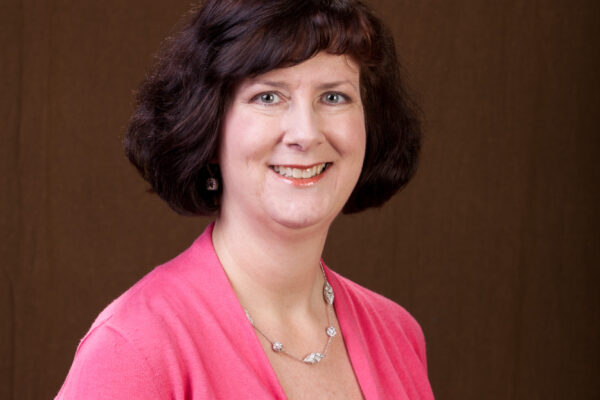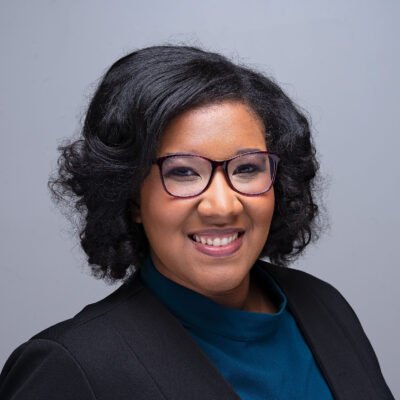This is one in a series of profiles marking the 60th anniversary of the ACLU of Kentucky’s founding. Each week through December 2015 we will highlight the story of one member, client, case, board or staff member that has been an integral part of our organization’s rich history.
Patti Minter
“Sadly, the need for the ACLU doesn’t seem to be going away. I think there’s no shortage of work to be done for the next 60 years as we work to make a better commonwealth for all Kentuckians.” -Patti Minter
After studying constitutional law as an undergraduate, Patti Minter developed an appetite for civil liberties. She went to graduate school to become a legal historian. Through her study of law and history, the work of the national ACLU repeatedly appeared before her. Minter admitted the organization’s work fascinated her, and once she moved to Kentucky she became immersed in numerous efforts of the local affiliate.
While working to enact a fairness ordinance in Bowling Green, Minter learned how difficult fighting for civil liberties can be in an area where, as she described it “rights or rights culture are just not really part of the local discourse.” As a faculty member on the university benefits committee at Western Kentucky University (WKU), Minter pushed for domestic partner benefits. “I remember bringing that forward at the first meeting and when it wasn’t well-received, I was like, ‘Okay, this’ll take two or three meetings,’” Minter recalled. “Well, it took five years.” However, her persistence was rewarded as she got on the radar of the ACLU-KY, and was asked to run for the board of directors.
Minter has used her leadership role to educate people on the philosophies of the ACLU on protecting civil liberties and the organization’s history. Minter reflected, “When I look at the work we do to promote the rights of all here in Kentucky, I always try to remind myself that it’s a long game. You’re working to lay groundwork, and sometimes that can be a little frustrating, but you’re laying the groundwork for what’s going to be a long struggle for rights for everyone. And to try to help those battles stay won. So part of what I’ve learned from studying the work of the ACLU and now being a part of it and being part of both statewide movements and local movements, is I’ve learned to be very patient. Maybe no battle stays won, but no battle stays lost if you stay with it long enough.”



